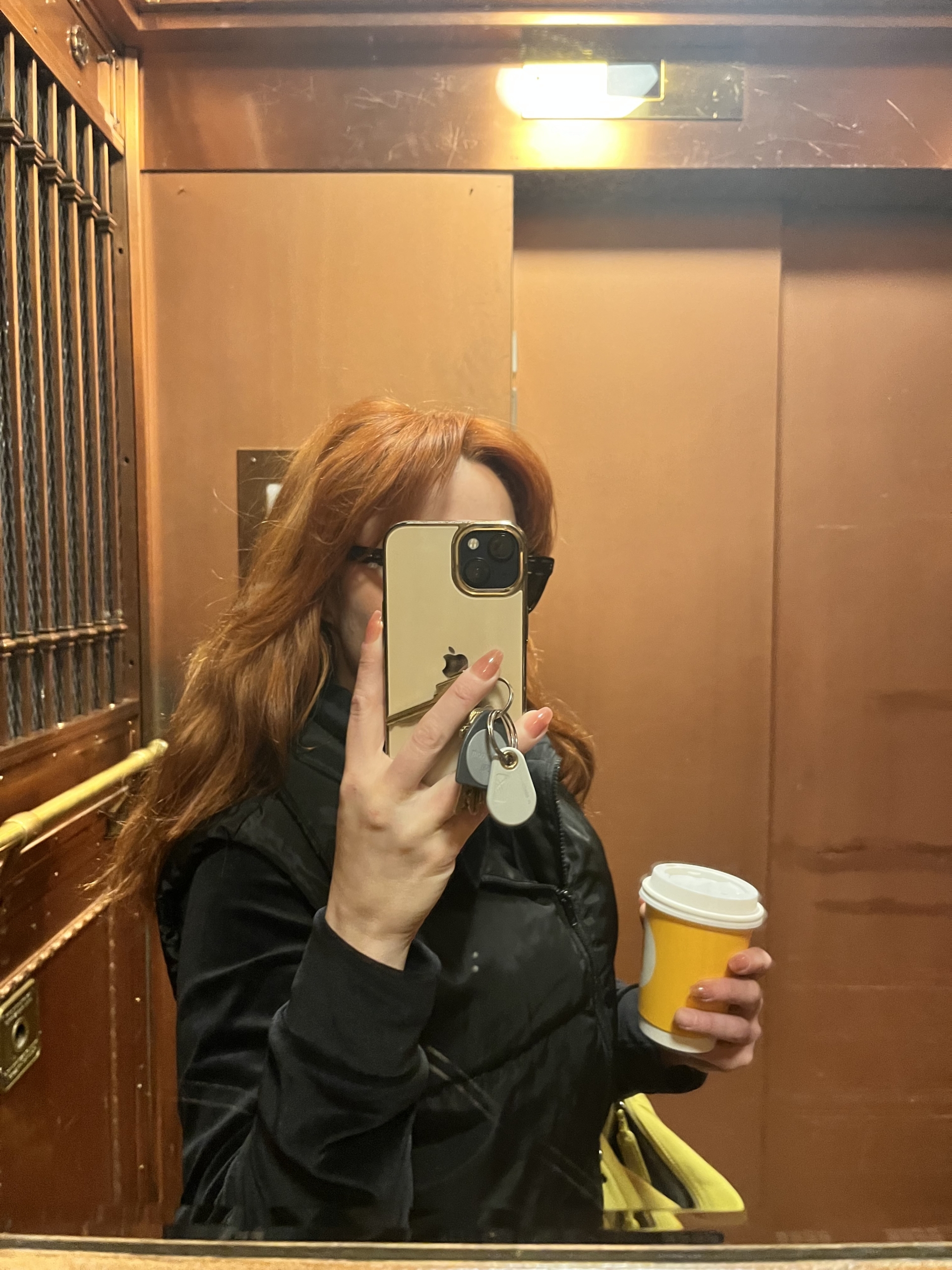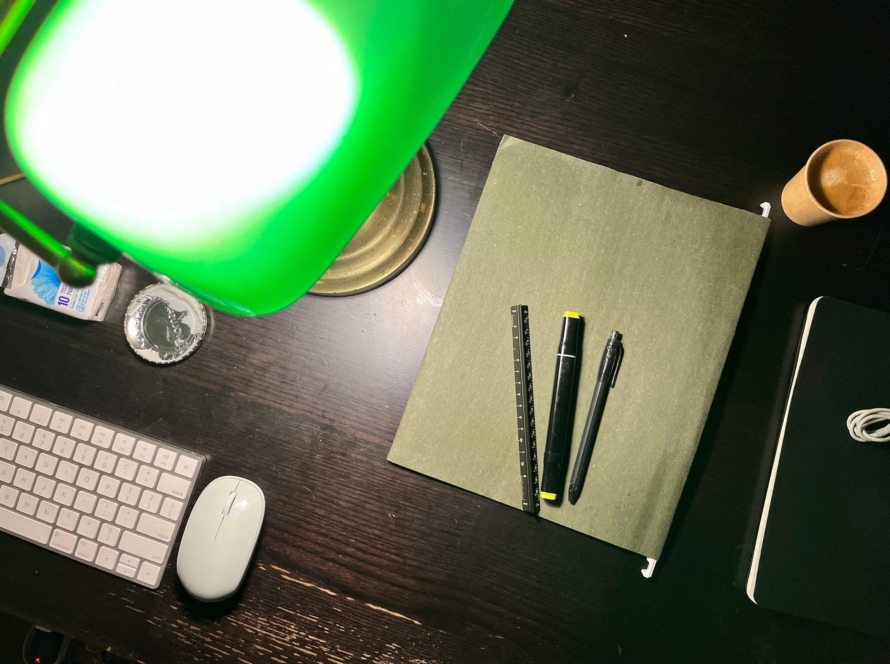Let’s talk trash. Literally.
Trash is one of the best currencies in investigations but it’s often overlooked – it’s smelly, time-consuming, and hardly a dignified job but what it reveals can ultimately break open a case.
If you need another name for it, it’s also called Refuse Evidence or Refuse Archeology.
In the trial of OJ Simpson, Private Investigator Bill Pavelic found bloody bandages and a glove. In the Amanda Knox case, P.I. Pail Ciolino discovered toilet paper with a blood stain and a box of condoms. In the Idaho trial of Bryan Kohberger, a P.I. ‘s discovery of evidence that was used to arrest Kohberger.
Trash is considered public domain. Legally, trash put to the curb for collection is considered abandoned property. However, you cannot go onto someone’s property to collect it – under law, that’s considered trespassing or breaking and entering.
There are two main types of trash to consider: garbage – perishable items like food scraps (not terribly useful), and rubbish – glass, paper.
Rubbish can be used to support rubbish – are you still following me here? For example, you can put a bong next to an ID and take a photo to connect the drug paraphernalia to the stoner.
And then there’s a third type, which I think is the most valuable. I’ve termed it White Trash: paper or drug residue. That’s the kind I’m looking for in two cases.
Where Trash Evidence May Help
The first case is about a lovely couple who live below, what they suspect, is a meth lab. Here, I need to find out what days they dump their rubbish, if residents have different days, where it’s dumped, and who collects it. I’m looking for White Trash here – drugs and identifying pieces of paper.
The second case is a woman taking her ex-husband to court. He claims he has no money. But his trash may say otherwise – here I’m looking for all kinds of trash. Receipts of expenses would be handy, but remnants of UberEats orders would also indicate he’s spending freely.
What To Take On a Trash Hit
Trash hits take a fair bit of planning, especially if you need to present the evidence in court.
Here’s a list of what I bring:
- Baggies (Ziplocks for collection)
- Gloves (two pair, make sure they are poke-proof for needles)
- Flashlight (or even better, a head lamp)
- Extra garbage bags to place your original bags because they may be leaky – ew!
- Markers and labels to put on Ziplock bags to identify which piece of trash came from where
- Digital camera – to photograph each piece (also, take a photo of the trash bags exactly where they are dumped, in case you need to verify that you didn’t trespass to collect it
- Pock-spray for rats or other creepy crawlies that may attack you for going through their shit
- Replacement trash – for the very paranoid
- Hand sanitizer
- Groundsheet to protect your car’s back seat from the bags of trash
- Chain of Custody form: do this even for your own records, even if it’s not required for court
Also make sure you have a space to lay it all out. Somewhere private and ideally well-ventilated. And my favourite part of trash collection is that it allows you to work the evidence at your own pace – enjoy!
Anna J.
Originally from Sydney, Australia, I'm the Founder of Recover, a Private Investigation & PR agency headquartered in Vancouver.
I earned my Bachelor of Journalism minoring in film and Criminology, and was Candidate for the MFA Creative Writing Program at the University of Victoria.
I began my professional career in publishing at Wiley, and my journalism career reporting on baseball from Brisbane to Boston.
I spent over 10 years reporting, and my last beat was crime, which led my move into to Private Investigation.
As Licensed Private Investigator, I work on complex cases including homicides, large-scale civil suits, and missing persons.
I work with PI firms across BC & the US, and appear in the media for my work.
I run on prayer and coffee.



